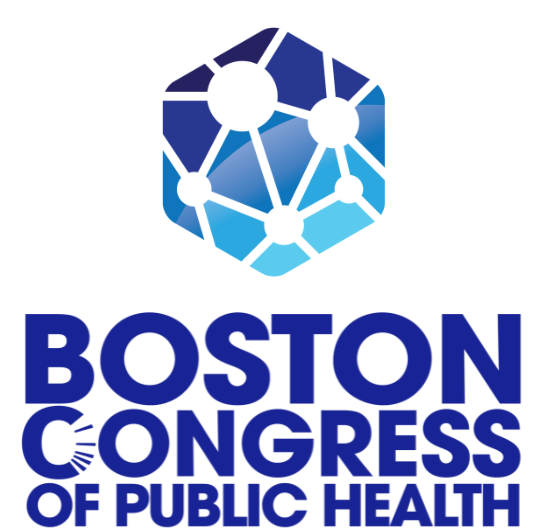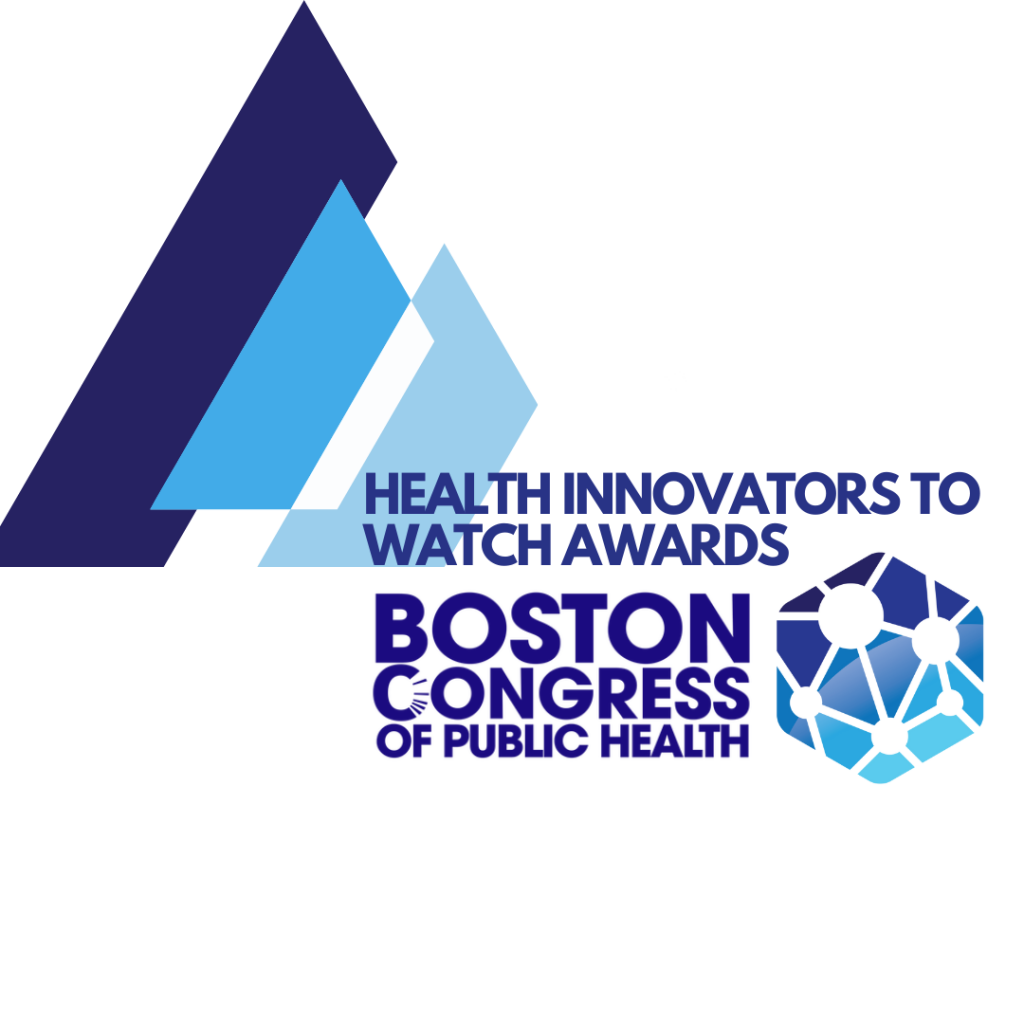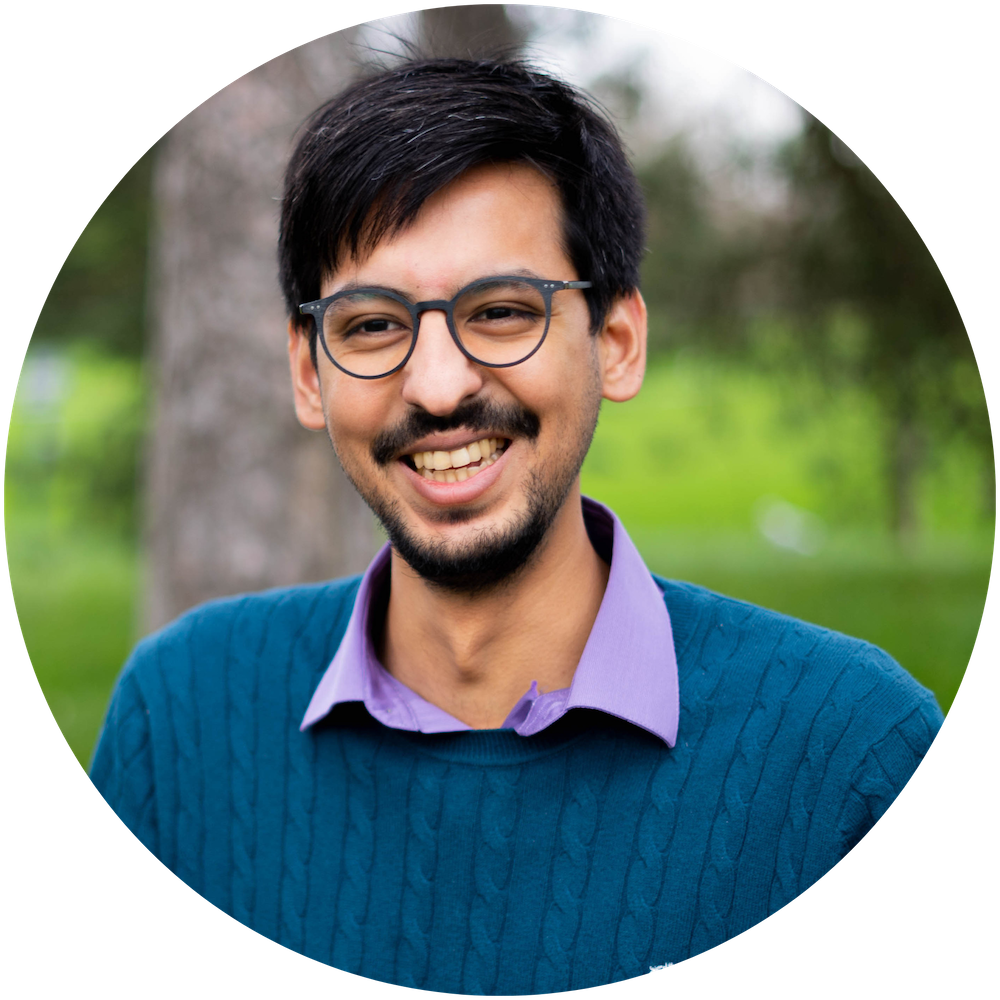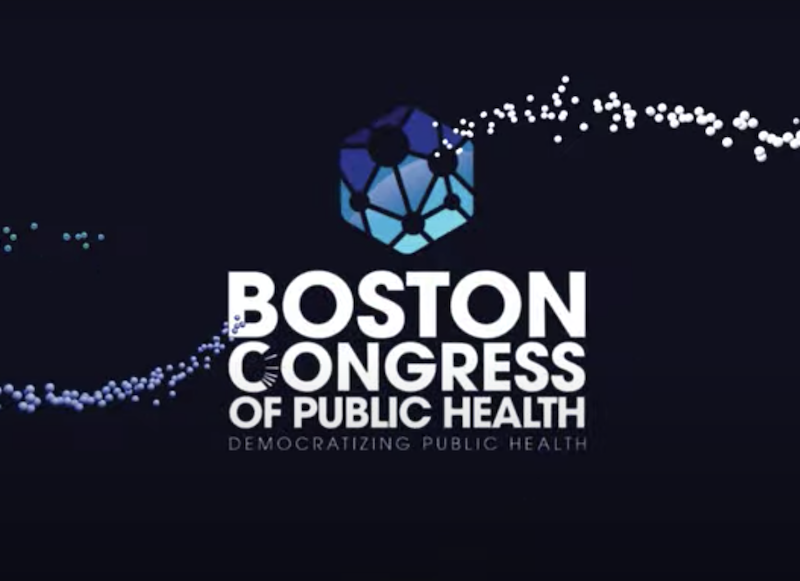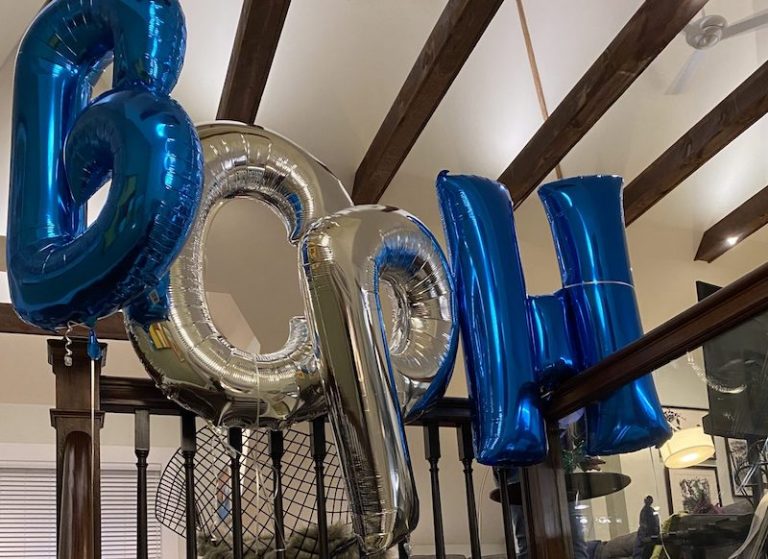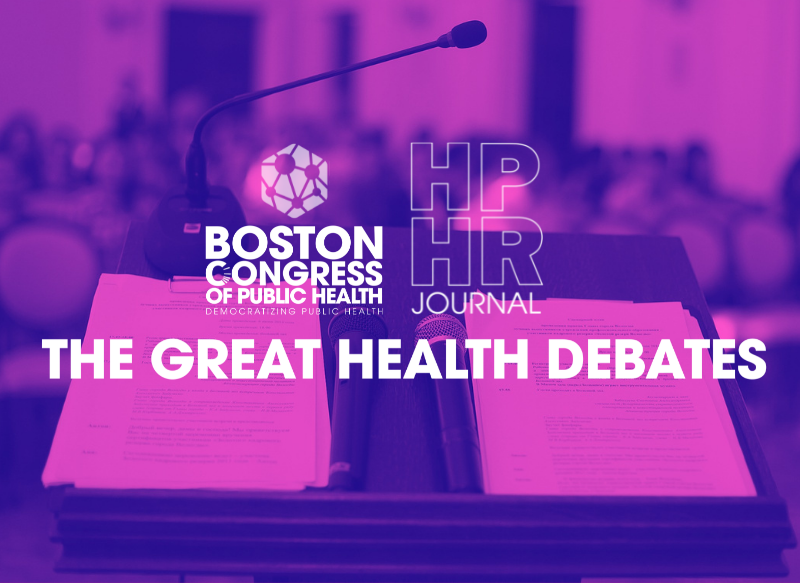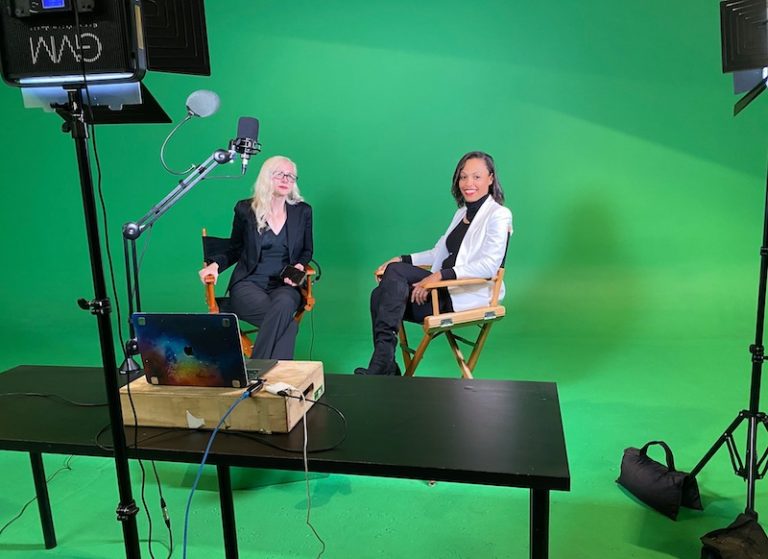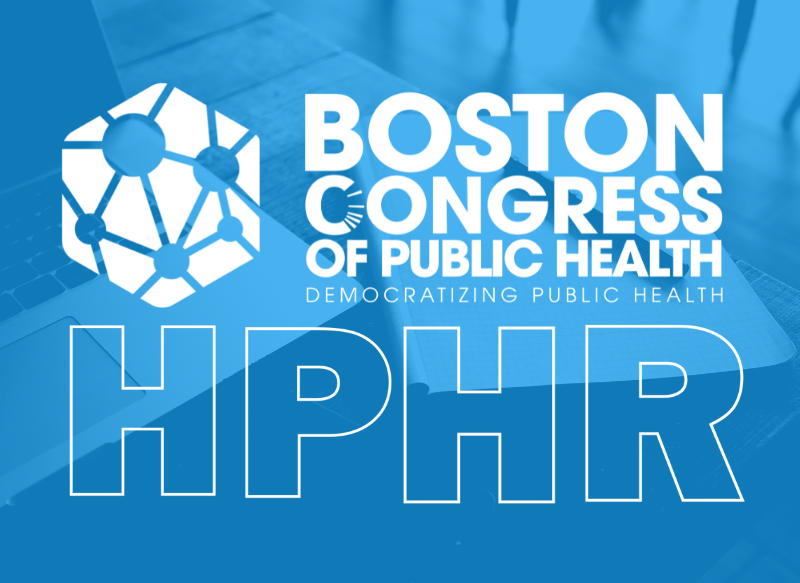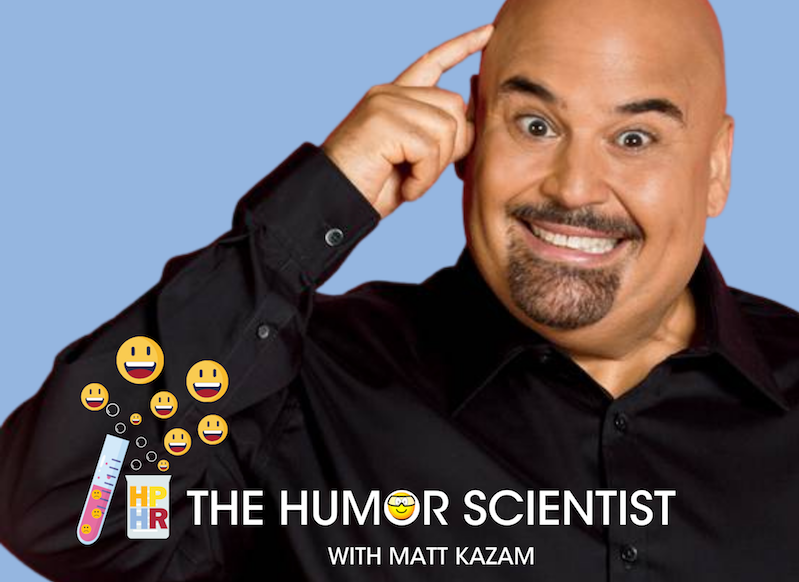Mihir Sheth has experience in developing innovative medical devices across 3 continents. He strongly believes that healthcare innovation must follow the need-led philosophy rather than the tech-push philosophy. To that extent, he immerses himself in a clinical setting and identifies needs, along with the context that the problems lie in, alongside patients and clinicians. He was one of the first employees of Sisu Global Health, and worked on developing and bringing the Hemafuse, an autologous transfusion device, to hospitals in Kenya. As an Oxford Global Insight Fellow and co-founder of Inspiritus Health, he worked in hospitals in Senegal and UK to co-develop solutions with clinicians to problems faced by them, including on solutions to wean patients off the ventilator quicker.
He is a research assistant at Oxford University, an Oxford University Hospital Improvement and Innovation Fellow, and was named by Innovate UK as Young Innovator of the Year in 2022. He aims to bring equity in how healthcare innovation is carried out, so that problems are solved in a way that is accessible to everyone – regardless of which country they live in, what language they speak, and how technologically astute they are. His goal is to change the statistic that 80% of medical devices are designed for 10% of the world’s population. He is currently doing this via 3 prongs – as co-founder of Inspiritus Health, an Improvement and Innovation Fellow at Oxford University Hospital, and a Research Assistant at Oxford University.
Personal Statement
At Inspiritus Health, I worked on product and business development, while my co-founder, Dr. Myra Malik brought the clinical expertise as a full time consultant anaesthetist in the NHS. My inner drive led me to develop and test the StimSpirit, and work with hospitals to identify and quantify the value-addition of the product. During product development, I collaborated with over 50 clinicians to design the StimSpirit to understand the user requirements to non-invasively stimulate the diaphragm. My resilience has allowed me to pursue this project while working other jobs and receiving grant and investment rejections. This resulted in me being honoured by Innovate UK as the Young Innovator of the Year 2022 and receiving national recognition from the press.
In healthcare today, many “innovations” are developed without any input from clinicians or patients, and these tend to make the medical team’s work harder, not easier. I am not afraid to immerse myself within hospitals in India, Senegal, Kenya and UK to understand first-hand the challenges faced by doctors. This allowed me to co-develop solutions that suit the clinical context, resulted in higher clinician engagement, and led to quicker implementation. As Oxford University Hospital’s first Innovation and Improvement Fellow I am developing multiple novel solutions, including using a sponge to reduce cannulation attempts in the neonatal ICU, a simplified method to reduce the duration of catheterisation in elderly patients, and a new process to save over 1000+ nursing hours per year looking for drug cupboard keys. My passion to truly understand the problem and my diverse experience allows me to create solutions that are simple and can be easily replicated everywhere in the world.
Finally, healthcare innovation cannot progress without developing novel and cutting-edge technology. I work with Prof. Eleanor Stride and Prof. Ashok Handa at Oxford University to improve oxygen delivery to patients with chronic respiratory diseases using oxygen nanobubbles. Approximately 1 in 5 adults in the UK have longstanding respiratory illnesses, most of whom tend to be from underserved communities. My research is focused on developing a drink loaded with oxygen nanobubbles and I am currently managing 2 clinical studies to test its efficacy in patients, and to better understand the mechanism of action.
I am also passionate about improving the engineering education system to empower students with skills that will benefit them in the work environment. I work with undergraduate students at Oxford University and at Inspiritus Health and engage them to ask questions and find answers on their own. I am also a guest lecturer on the Oxford University Global Surgery course, and at Oxford University Hospital, where I teach students, engineers and healthcare professionals about the principles of need-led innovation.
